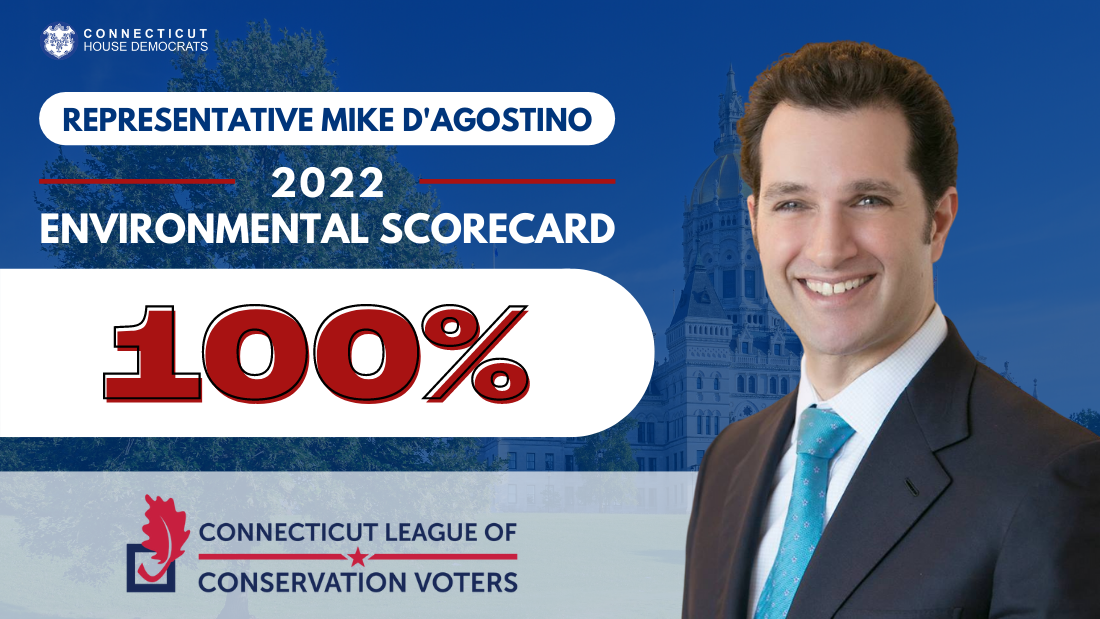SB 4 Clean Air Act
This legislation makes monumental investments in clean transportation and allows DEEP to adopt new emission standards for medium and heavy-duty vehicles such as trucks and buses. The legislation also:
- Requires a minimum number of electric vehicle (EV) charging stations at certain new state facilities, school building projects, and commercial or multi-unit residential buildings;
- exempts from the property tax (a) level two EV charging stations on commercial or industrial property, (b) EV charging stations on residential property, (c) fuel cell EV refueling equipment, and (d) zero-emission school buses;
- Establishes “right-to-charge” provisions for unit owners in condominiums and common interest communities and renters;
- Modifies the schedule for electrifying the state’s fleet and prohibits the state, beginning January 1, 2024, from procuring, purchasing, or leasing diesel-fueled transit buses;
- Requires all school buses in the state to be zero-emission by 2040 (by 2030 for school districts with environmental justice communities)
SB 10 Zero-Carbon Grid
Another major win was passage of Senate Bill 10, which takes steps to achieve a zero-carbon energy grid by 2040. Connecticut has made progress in decarbonizing our regional electric grid, but we must fully commit to achieving our state climate goals. Connecticut is not on track to meet the goals of our state’s Global Warming Solutions Act, and time is running out. We are going to need much more electricity than we use now to support clean transportation, heating and cooling of buildings, and new industrial uses. This makes the significance of getting to a zero carbon electricity sector from clean renewable energy all the more urgent.
SB 176 Clean Energy Facilities
Our state’s ability to increase our solar energy production is critical to reaching our clean energy goals under the Global Warming Solutions Act. The success of our solar programs hinges on removing the barriers to both commercial and community solar. Now Public Act 22-14 will increase the caps that currently limit the amount of electricity that can be generated by shared community solar projects and by commercial rooftop solar. Commercial solar allows small, medium, and large businesses to put solar arrays on their own premises (on a roof or parking lot) which lowers their electric costs and reduces the need to take up forests and farmland. The Shared Clean Energy Facility program will help bring clean energy to low[1]and moderate-income communities. Community solar is intended for homes that cannot have their own panels, and for apartments and rental units that cannot benefit from the other solar incentive programs.
HJ 107 State Plan of Conservation & Development
The legislature adopted a State Plan of Conservation and Development that helps state agencies make decisions consistent with the state’s development and conservation goals. The legislature also passed an act specifying completion dates for the POCD’s next revision cycle, requiring OPM to submit the 2025-2030 POCD to the legislature before the 2025 legislative session begins.
HB 5506 Climate Education
After a four-year campaign, the requirement to include climate change education in the science curriculum of all Connecticut public schools has passed the legislature and was signed into law as part of the state budget. Considering the threat of climate change to future generations, teaching the science of climate change will help equip youth with the tools needed to tackle the largest environmental problem our world will face for the foreseeable future. |

